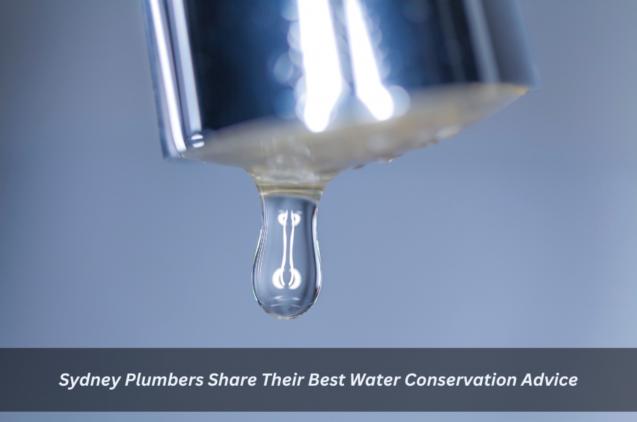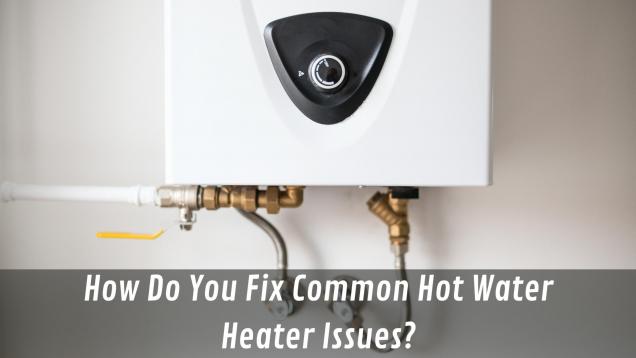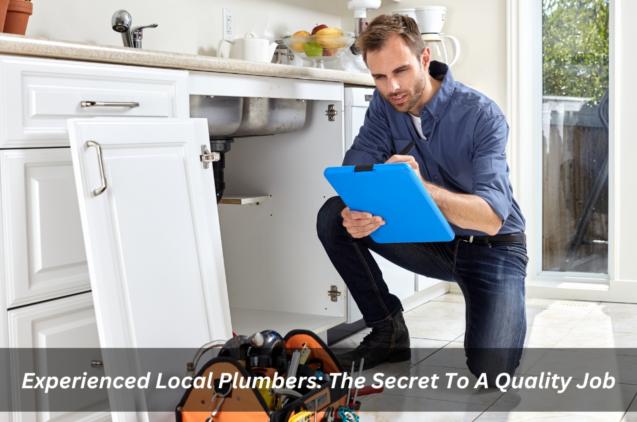
Water-Saving Wonders: Efficient Plumbing Tips
By Apex Plumbing Services|November 28, 2024
Is the constant sky-high water bill getting on your nerves? Do you want to contribute less to environmental degradation? It is now time to seek efficient plumbing solutions for your home. A few simple changes, together with the right professional plumber, will go a long way in reducing your overall water consumption.
In this article, we dive deep into water saving-from simple DIY fixes to advanced plumbing technologies that will help us understand regular plumbing maintenance, the benefits associated with water-efficient fixtures, and how to select the best plumbing services for residential homes. Join us as we unlock the secrets to a water-wise home.
The hidden costs of water waste
Do you know that a leaking tap can waste hundreds of litres of water every year and a running toilet up to 20,000 litres? Small leaks add up quickly to become an expensive household burden. Besides the financial cost, too much water usage also affects our environment.
Common water-guzzling culprits
A number of fixtures and appliances in your home are guilty of being thirsty for water. These include:
Easy ways to save water
You can save gallons by making a few simple changes to your daily routine.
Being water-wise in the bathroom
The bathroom has the potential to become one of the most significant areas of water waste. Follow these tips to kick the habit:
Kitchen conservation
The kitchen is another area where water conservation is essential. Here are some tips to reduce water usage in your kitchen:
Outdoor water efficiency
Your outdoors can contribute much to water conservation. Some water-wise gardening may include:
Advanced water-saving techniques
Above are simple tips, but there are more advanced techniques:
The role of the professional plumber
A good plumber can go a long way in incorporating various kinds of water-saving measures into your home. They can:
Conclusion
By adopting these water-saving tips and seeking the expertise of a professional plumber, you can significantly reduce your water consumption and contribute to a more sustainable future. Remember, every drop counts. Let's work together to conserve water and protect our planet for generations to come.
In this article, we dive deep into water saving-from simple DIY fixes to advanced plumbing technologies that will help us understand regular plumbing maintenance, the benefits associated with water-efficient fixtures, and how to select the best plumbing services for residential homes. Join us as we unlock the secrets to a water-wise home.
The hidden costs of water waste
Do you know that a leaking tap can waste hundreds of litres of water every year and a running toilet up to 20,000 litres? Small leaks add up quickly to become an expensive household burden. Besides the financial cost, too much water usage also affects our environment.
Common water-guzzling culprits
A number of fixtures and appliances in your home are guilty of being thirsty for water. These include:
- Toilets: The old models consume as much as 13 litres per flush, whereas the new models have improved with every passing generation and have better water-saving features
- Showers: Taking very long hot showers depletes your supply of water quickly.
- Washing Machines: Old washing machines are one of the leading causes of waste in both water and energy.
- Leaky Taps: Small leakages in taps waste a lot of water over time.
Easy ways to save water
You can save gallons by making a few simple changes to your daily routine.
- Some practical tips include prompt leak fixing, which prevents a dripping tap or a leaky toilet from wasting hundreds of litres per year.
- You can also take quicker showers by limiting your shower time to five minutes or less.
- Finally, you can replace your showerheads, taps, and toilets with water-efficient models.
- Collect Rainwater: Collect rainwater for use in gardens and other areas where potable water isn't required.
- Run Full Loads Only: When possible, avoid washing a few dishes in the dishwasher or running a small load in the washing machine.
Being water-wise in the bathroom
The bathroom has the potential to become one of the most significant areas of water waste. Follow these tips to kick the habit:
- Turn Off the Tap: Shut off the faucet when brushing your teeth or shaving.
- Take Shorter Showers: Take shorter showers and consider installing a low-flow showerhead.
- Fix Leaky Toits: A leaky toilet can waste a substantial amount of water.
- Choose Water-Efficient Toilets: Consider upgrading to a water-efficient model of toilet.
Kitchen conservation
The kitchen is another area where water conservation is essential. Here are some tips to reduce water usage in your kitchen:
- Run Full Loads Only: Only run your dishwasher when it's complete.
- Save Water with Fixing Leaks: A leaky tap under the sink can waste many gallons of water.
- Run Full Loads in the Dishwasher: Scrape dishes instead of rinsing and save energy by using the air-dry cycle.
- Choose Water-Saving Appliances: Look for appliances that not only save energy but use less water.
Outdoor water efficiency
Your outdoors can contribute much to water conservation. Some water-wise gardening may include:
- Water Wisely: Water your plants early in the morning or late in the evening to minimise evaporation.
- Choose Drought-Tolerant Plants: Choose plants that are best suited for your local climate requiring minimal watering.
- Mulch Your Garden: Mulching helps retain soil moisture and suppress weed growth.
- Use a Broom, Not a Hose: Sweep your driveway and patio with a broom instead of using a hose.
Advanced water-saving techniques
Above are simple tips, but there are more advanced techniques:
- Smart Water Meters: Consider installing smart water meters that monitor water usage in real-time. This may help you find leaks and spot areas of excessive water use. Tankless Water.
- Heaters: Energy-efficient systems that heat water on demand reduce energy waste associated with traditional tank-style water heaters.
- Grey Water Systems: Wastewater from showers, baths, and laundry is reused for non-potable purposes such as gardening.
- Professional Plumbing Inspections: Regular plumbing inspections can locate potential water leaks and other inefficiencies and help make timely repairs and improvements.
The role of the professional plumber
A good plumber can go a long way in incorporating various kinds of water-saving measures into your home. They can:
- Leaks Detection and Repair: Detection and timely repair of leaks save a lot of water from being wasted.
- Installing Water-Efficient Fixtures: The plumber can install low-flow showerheads, water-efficient toilets, and other water-saving fixtures.
- Conduct a Water Audit: A water audit can identify areas of water waste and recommend specific solutions.
- Maintenance of Your Plumbing System: Regular maintenance will help you avoid issues such as leaks and low water pressure that could result in water waste.
Conclusion
By adopting these water-saving tips and seeking the expertise of a professional plumber, you can significantly reduce your water consumption and contribute to a more sustainable future. Remember, every drop counts. Let's work together to conserve water and protect our planet for generations to come.



